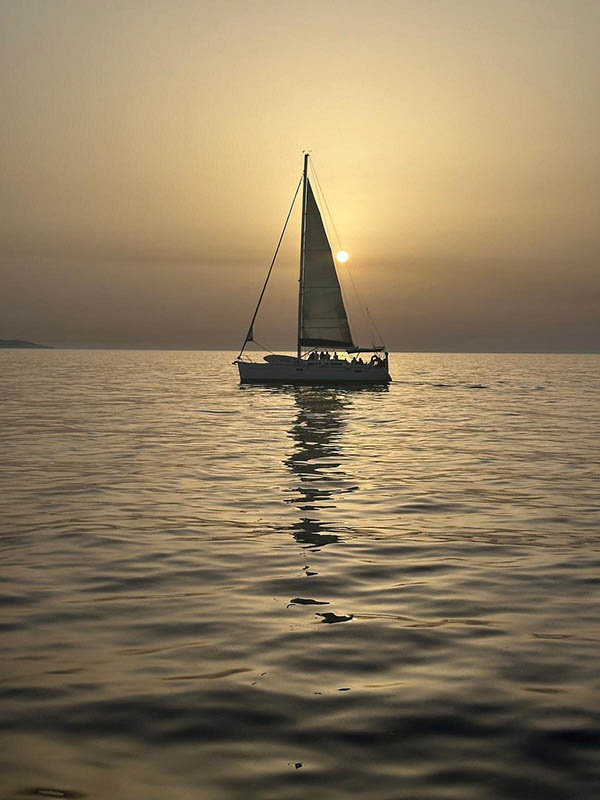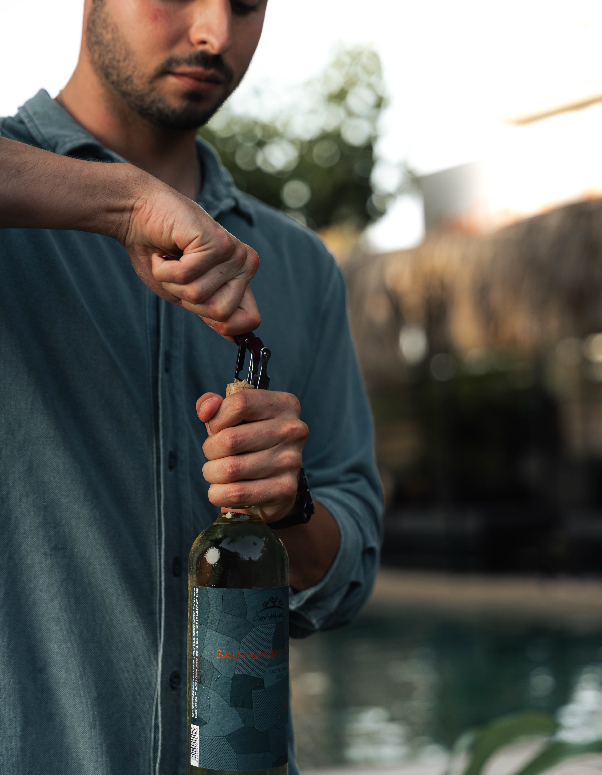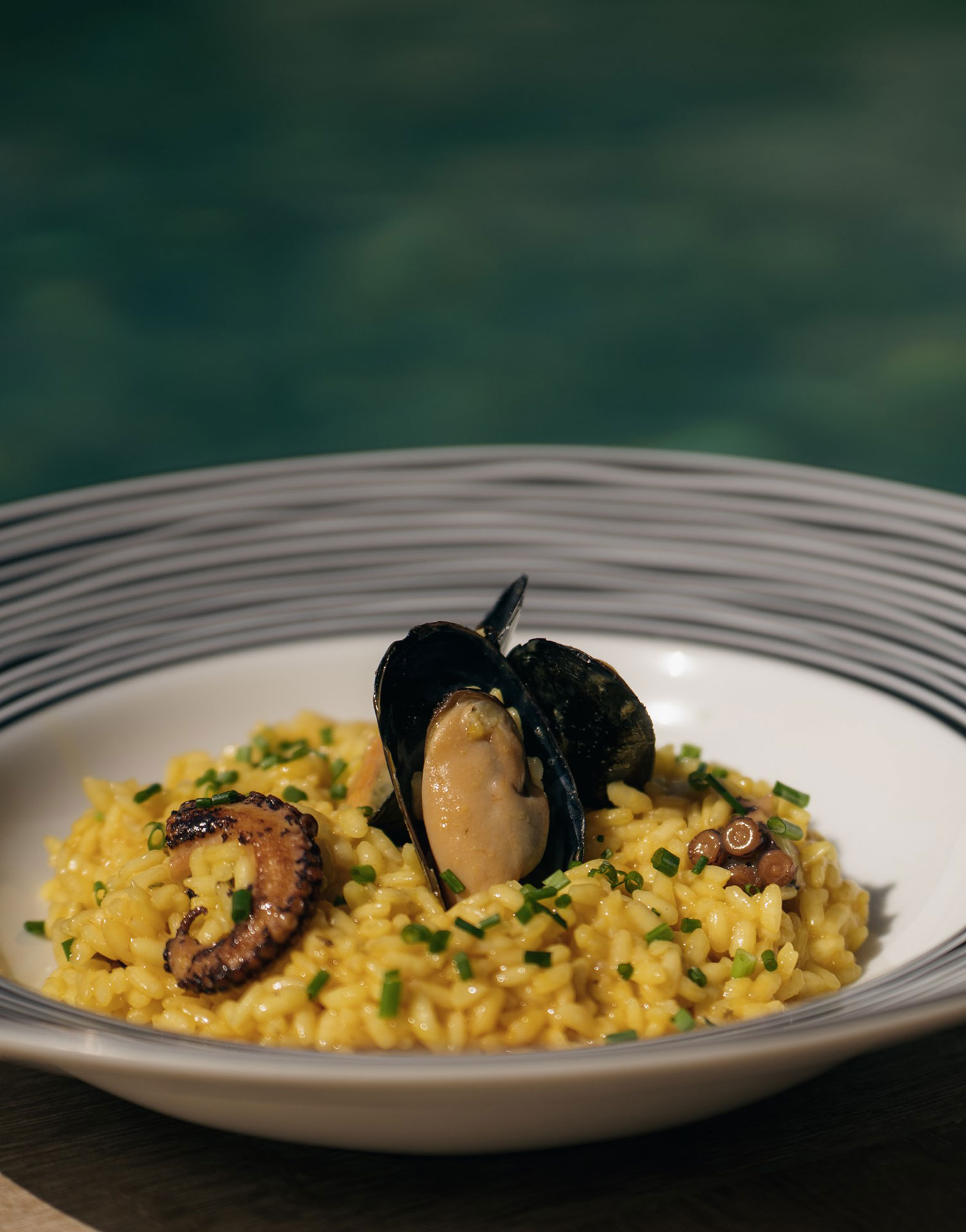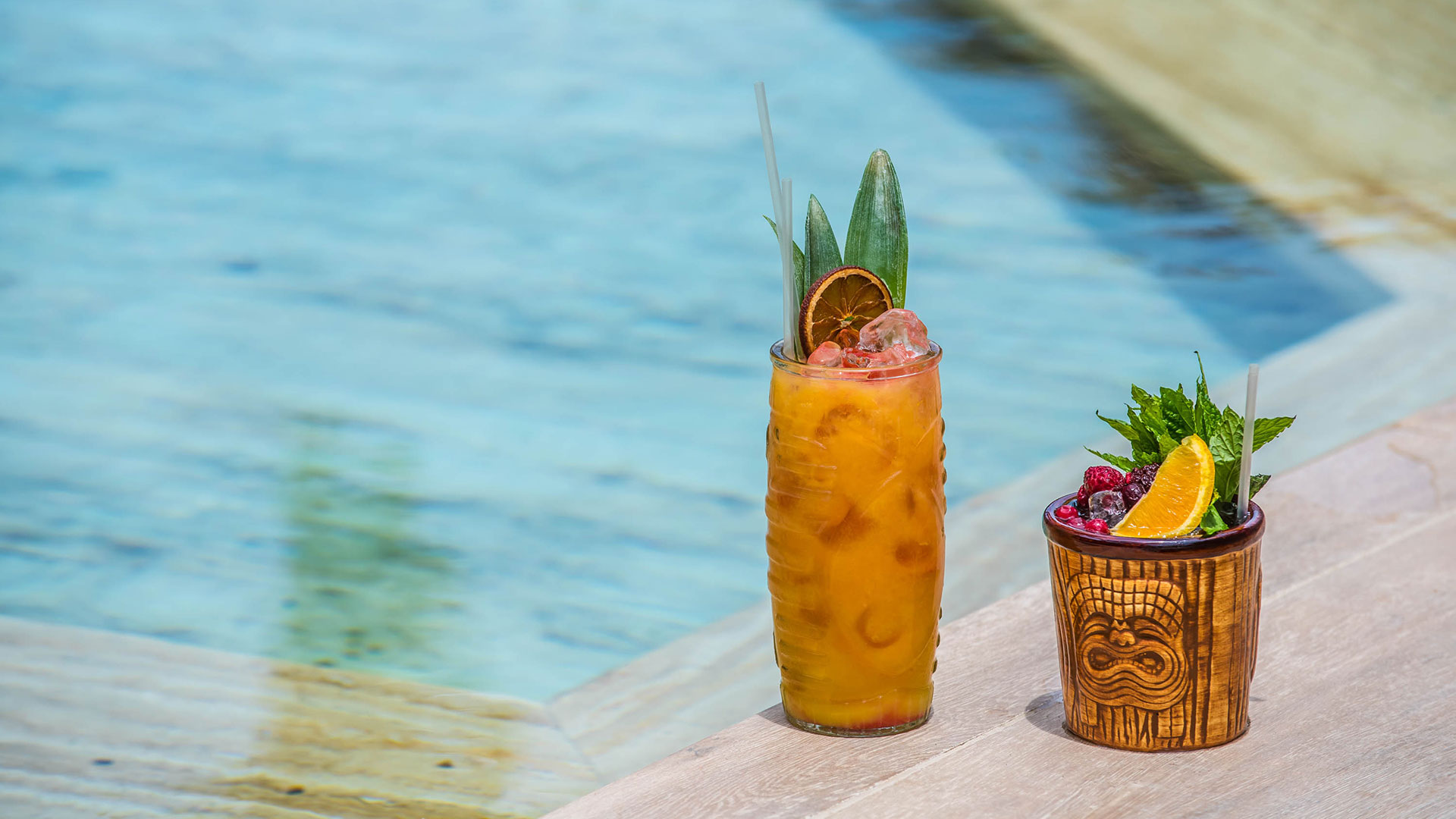What is "Silver Tourism" and how can Greece benefit
(by Viki Tryfona – powergame.gr )
“Silver Tourism” is a dynamically developing tourism market, which focuses on the travel needs of senior citizens, that is, people over the age of 60. With Europe forecasting that 34% of its population will belong to this age group by 2050.


What is "Silver Tourism"?
“Silver Tourism” is linked to the “longevity economy”, which refers to the opportunities and challenges arising from the aging of the population. According to the study “The role of the longevity economy in the tourism sector”, carried out on behalf of the European Parliament’s Committee on Transport and Tourism, older tourists have plenty of free time, a stable income and a strong desire to explore new destinations, seeking experiences such as spa and cultural tourism. In particular, travelers of this age prefer less crowded trips and focus on activities that enhance well-being and quality of life.
The study states that tourism for older people, known as “Silver Tourism”, is important for two reasons:
Improving health and quality of life: It helps older people maintain their health and improve their quality of life. In this way, they remain active for longer, contributing to work or participating in daily activities such as leisure trips. As a side positive effect, the relief of national health systems is also recorded.
Mobilization of the economy: It enables the elderly to spend the savings they have accumulated, strengthening the economy. This money returns to the market, benefiting various sectors related to tourism. At the same time, when the elderly travel abroad, money is transferred from one economy to another, which may benefit some countries more.
The prospects of “Silver Tourism” in Greece
Greece has all the conditions to benefit from “Silver Tourism”. According to diaNEOsis, by 2050 over 1/3 of tourism expenditure in Greece will be linked to the “silver economy”. According to estimates by SETE, KEPE and IOBE, our country can attract 1 million additional senior tourists, with potential revenues of 1.5 billion euros, which will contribute 3.7 billion euros to the Greek economy in GDP and create 60,000 new jobs.
Senior travelers can be the basis for mitigating the seasonality of tourism, as they prefer periods of low demand.
Furthermore, the European study on the “longevity economy” reports that rural tourism is gaining popularity among the elderly. Spain, Romania and Portugal emerge as top EU countries, while rural tourism is quite popular among older adults in Poland as well. “‘Silver Tourism’ can help rural areas by bringing a new source of income to households, allowing older adults who cannot effectively engage in agricultural work to work in the tourism sector. However, these older people lack some necessary skills, such as the ability to speak foreign languages, which can reduce the attractiveness of international tourism in rural areas. At the same time, however, older people living in rural areas often have specific knowledge of local historical, cultural and natural values, which they can exploit,” the study points out.
The main pillars of the development of “Silver Tourism”
Spa Tourism: Greece has more than 750 spas, many of which can be transformed into high-standard wellness centers. The Ministry of Tourism is already promoting strategic studies for the exploitation of natural resources and the strengthening of investments in the spa and senior tourism sector, through resources from the Recovery Fund. In the case of spa tourism, in fact, the creation of an application is planned, which will provide relevant information and highlight areas and points of interest.
Cultural and Gastronomic Tourism: Elderly tourists show particular interest in authentic culture and gastronomy. The promotion of alternative activities, such as visits to museums, archaeological sites and local festivals, is essential.
Accommodation and infrastructure: Creating age-friendly infrastructure, such as easily accessible accommodation, specialized tourist packages and visitor support applications, is key to success.
Continuous Education and Information: Training tourism professionals and informing them about the specific needs of travelers of this age group is essential.
Successful examples
A notable example is Corfu, which was ranked among the top destinations for retirees worldwide, based on the Global Retirement Index list by International Living. Corfu offers a low cost of living, excellent quality of health and a community that embraces multiculturalism, as reported.
In this context, a series of investments made in “secondary” tourist destinations in Greece have focused their interest on senior tourism. Hamptons Greece in Kavala by Alex Haditaghi, Varko Bay by Banyan Tree in Paleros, Aitoloakarnania, or the tourist village with up to 600 residences designed by Alexandros Angelopoulos in Ilia, next to Aldemar’s Olympian Village hotel, are just a few examples that highlight Greece’s potential in the field of tourism investments for the exploitation of “Silver Tourism”.
Policies and partnerships
The European Union actively supports silver tourism through programs such as TOURISM4ALL, which aims to create affordable and accessible tourism services. Greece can leverage European funds and partnerships to improve infrastructure and promote senior tourism.
Silver Tourism is not only a prospect for economic growth, but also an opportunity to promote Greece as a global destination for senior travelers. With strategic investments, proper management of natural resources and an emphasis on authentic experiences, our country can lead a rapidly growing market that combines wellness, culture and sustainability.










